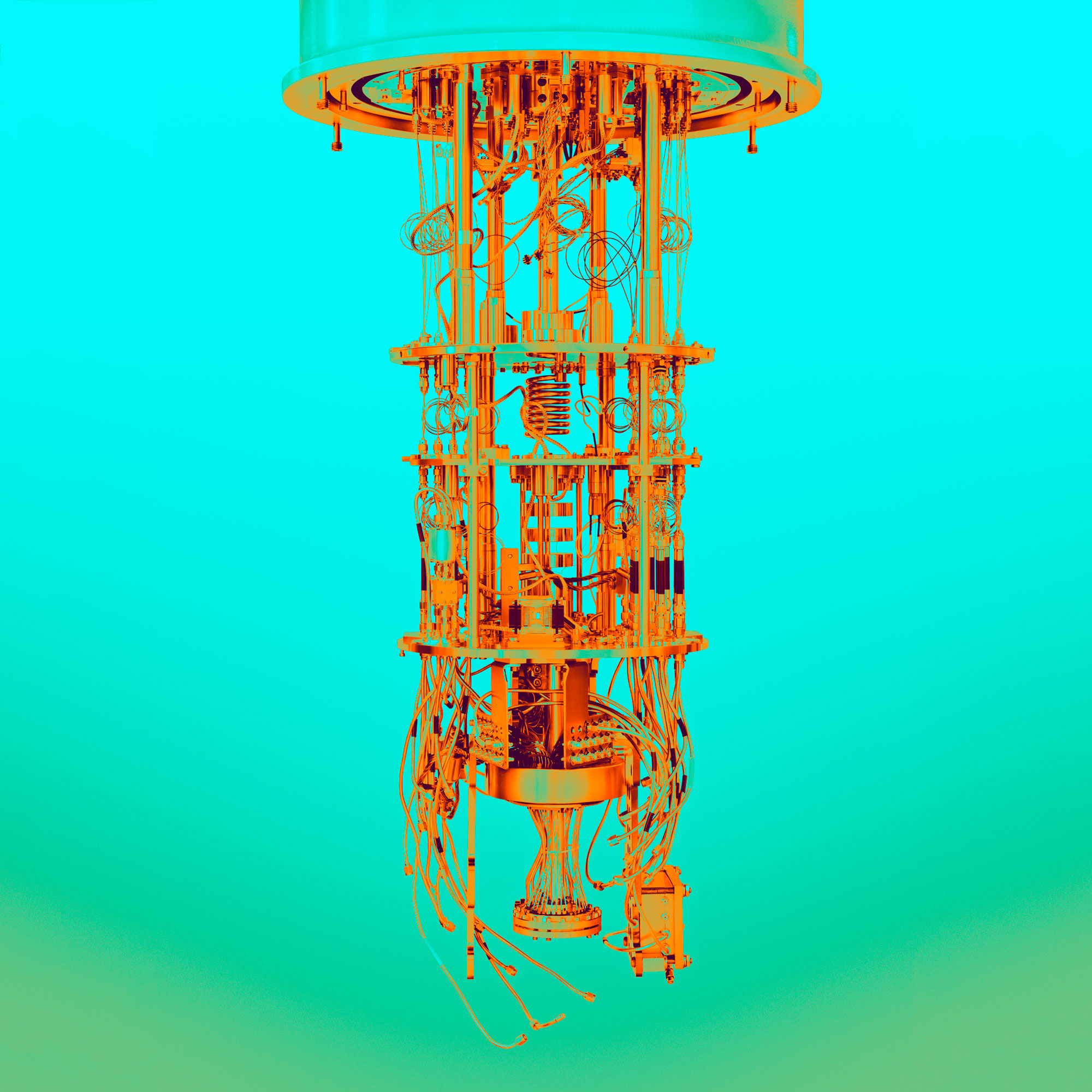Pulse of Information
Your source for the latest insights and updates.
Quantum Computing: A New Frontier in Problem-Solving Shenanigans
Explore the mind-bending world of quantum computing and discover how it's revolutionizing problem-solving like never before!
Understanding Quantum Computing: How It Solves Problems Differently
Quantum computing represents a fundamental shift in the way we process information. Unlike classical computers that use bits to represent data as either 0s or 1s, quantum computers utilize qubits, which can exist in multiple states at once due to the principles of superposition. This unique property allows quantum computers to perform complex calculations at an unprecedented speed, solving problems that would take classical machines millennia to resolve. By harnessing the phenomenon of entanglement, qubits can communicate and function in tandem, further enhancing their computational power and enabling solutions to intricate problems, such as optimizing large-scale logistics or simulating molecular interactions.
To illustrate how quantum computing addresses challenges differently, consider a common problem-solving scenario: searching through a massive database. A classical computer would check each entry one by one, requiring a time complexity of O(n). In contrast, a quantum computer can leverage Grover's algorithm, allowing it to evaluate multiple entries simultaneously and reduce the time complexity to O(√n). This dramatic improvement showcases how quantum computing not only enhances speed but also redefines approaches to problem-solving across various fields, including cryptography, finance, and artificial intelligence. As researchers continue to explore this emerging technology, its potential to revolutionize different industries becomes increasingly evident.

The Potential of Quantum Computing: What Can It Really Do?
Quantum computing holds transformative potential across various industries, promising unprecedented speed and efficiency in processing complex computations. Unlike classical computers that operate using bits as the smallest unit of data, quantum computers use qubits, which can represent and store significantly more information. This capability allows quantum computers to tackle problems that are currently intractable for classical machines, such as simulating molecular structures in chemistry, optimizing large-scale logistical operations, and even enhancing cryptography through quantum key distribution.
Moreover, the implications of quantum computing extend beyond mere computational prowess. Industries like finance can benefit from advanced risk analysis and portfolio optimization, while healthcare may see improvements in drug discovery and personalized medicine through enhanced data analysis. As we stand on the brink of a quantum revolution, it is essential to understand that the true power of quantum technology lies not just in faster calculations, but in its ability to inspire innovative solutions that can reshape our approach to some of the world's most pressing challenges.
Is Quantum Computing the Key to Unlocking Complex Problem-Solving?
Quantum computing represents a paradigm shift in computational capabilities, poised to tackle problems that are currently insurmountable for classical computers. By exploiting the principles of quantum mechanics, such as superposition and entanglement, quantum computers can process vast amounts of information simultaneously. This unique ability positions them as a powerful tool for unlocking complex problem-solving across various fields, including cryptography, materials science, and pharmaceutical research.
One of the most significant advantages of quantum computing lies in its potential to solve optimization problems more efficiently. For instance, industries ranging from logistics to finance face complex challenges that involve finding the best solution among countless possibilities. Quantum computing can analyze these scenarios in a fraction of the time it takes for traditional methods. As research and development in this field continue to progress, we may soon witness breakthroughs that redefine our approach to complex problem-solving, ultimately leading to innovations that were once thought impossible.